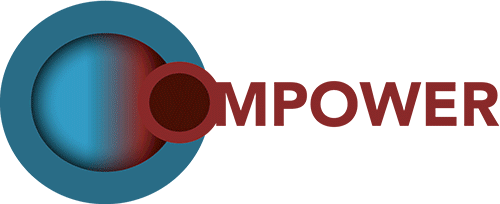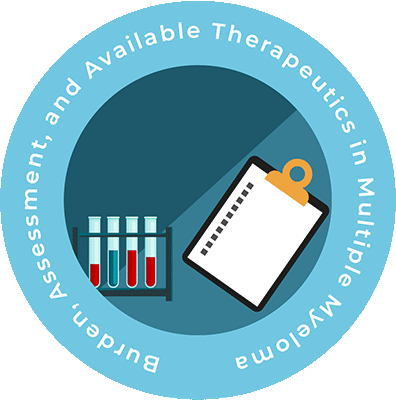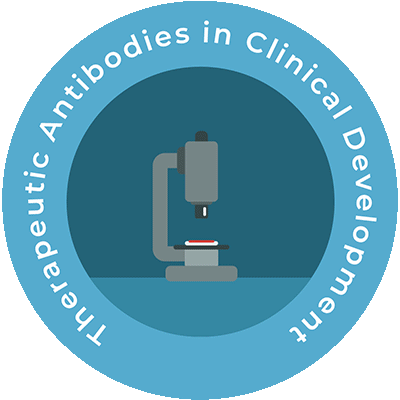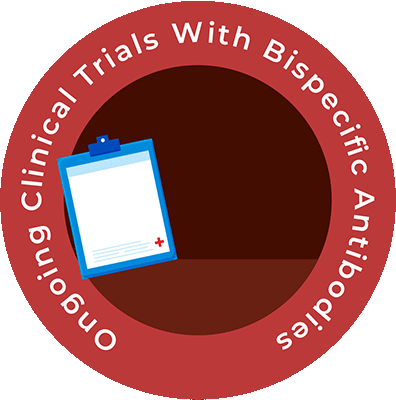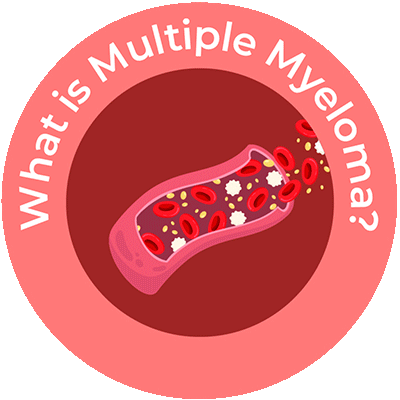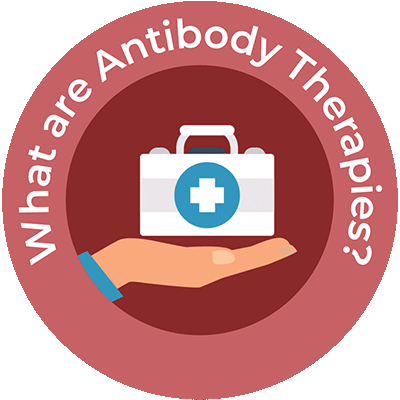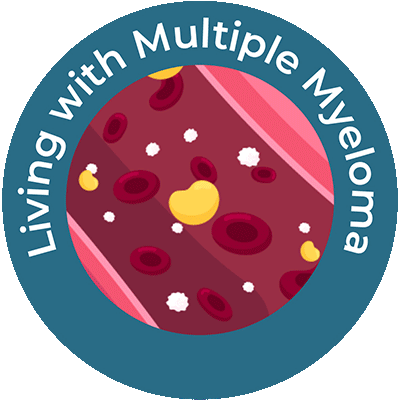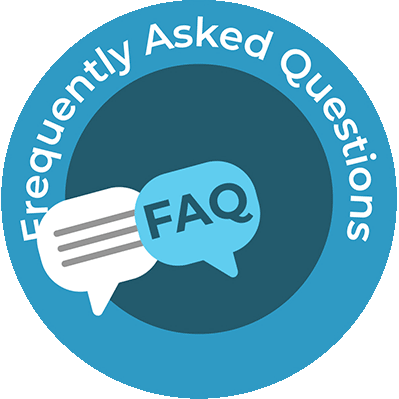This activity is provided by Med Learning Group.
This activity is supported by an independent medical education grant from Regeneron Pharmaceuticals, Inc.
Copyright © 2024 Med Learning Group. Built by Divigner. All Rights Reserved.
Public Health Foundation
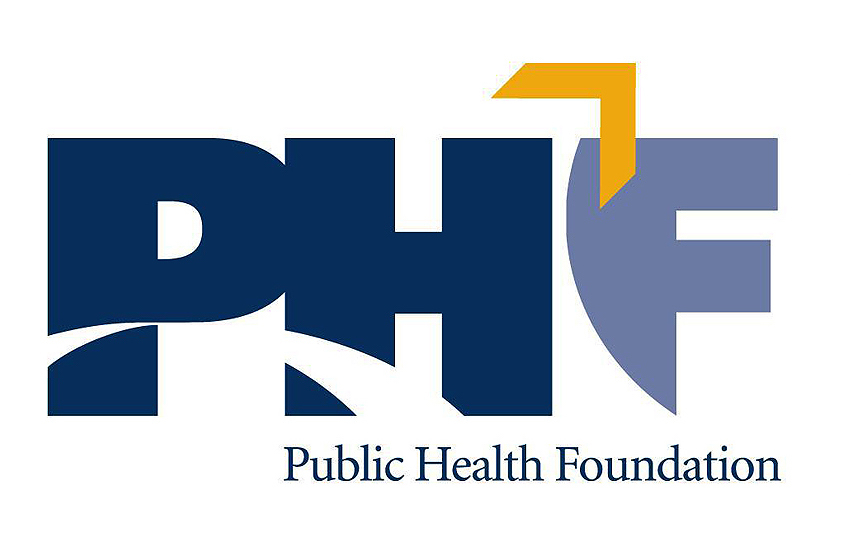
TRAIN is a national learning network that provides thousands of high-quality training opportunities to more than two million professionals who protect and improve the public’s health.
Powered by the Public Health Foundation (PHF), the TRAIN Learning Network brings together agencies and organizations in the public health, health care, and preparedness sectors to disseminate, track, and share trainings for the health workforce on a centralized training platform.
The TRAIN Learning Network comprises:
- TRAIN Affiliates that operate branded TRAIN web portals, have administrative access to the TRAIN platform, and work together to coordinate and share workforce training efforts.
- Government agencies, academic institutions, and other nationally-recognized and respected organizations that post content to the TRAIN Learning Network in order to disseminate and track their trainings to the health workforce.
- TRAIN learners from all US states and territories, as well as other 177 countries. Anyone can register at no cost as a learner on TRAIN and access thousands of openly available course offerings, the majority of which are free.
Med Learning Group has been selected and approved as a TRAIN Affiliate by the Public Health Foundation Board and Leadership and will be the only accredited medical education organization to have its own TRAIN Learning Network, which is now integrated into the PHF Learning Management System (LMS).
